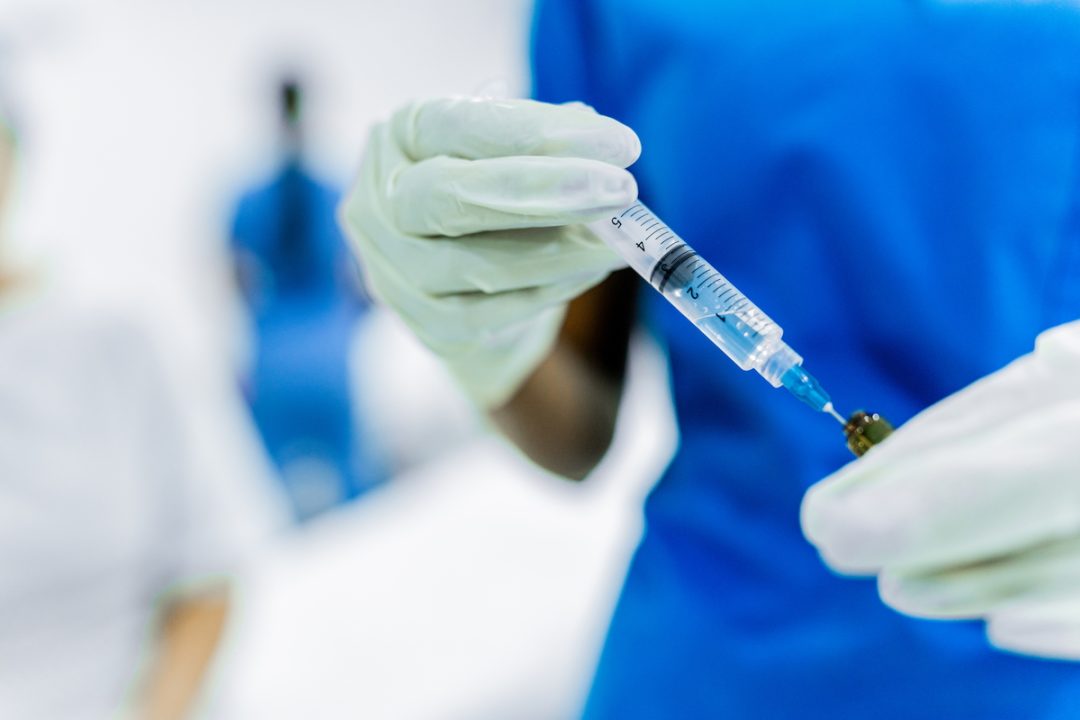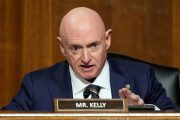
A new study from Yale University has identified a potential link between post-vaccine chronic conditions and the lingering presence of the Covid vaccine’s spike protein in the body. Researchers found that in some cases, the spike protein persists for years — far longer than previously assumed.
The findings suggest that some cases diagnosed as “long Covid” may actually be a separate condition. The researchers call it post-vaccination syndrome (PVS).
The study was published on the preprint server medRxiv.
A New Syndrome Linked to Covid Vaccination
The Yale research team launched their study in response to growing reports of persistent, unexplained symptoms following Covid vaccination. These symptoms — such as brain fog, fatigue, and neuropathy — mirror long Covid but appear in individuals with no prior infection. That led researchers to investigate a new condition: Post-Vaccination Syndrome (PVS), also known as Post-Acute Covid-19 Vaccination Syndrome (PACVS).
Unlike long Covid, PVS is not officially recognized by health authorities, leaving affected individuals without proper medical support.
Objective: Investigating the Biological Basis of PVS
A team of Yale researchers conducted a study to examine potential immune-system changes in people suffering from PVS. They compared 42 individuals with PVS to 22 healthy vaccinated individuals to identify differences in immune responses, viral reactivation, and lingering spike protein levels. All participants were enrolled in the Yale LISTEN study.
Findings: Immune System Disruptions and Lingering Spike Protein
The Yale study revealed that PVS is biologically distinct from long Covid and natural SARS-CoV-2 infection. The research highlights several alarming findings:
Altered Immune Profiles. PVS participants had fewer memory and effector CD4 T cells and higher levels of TNFα+ CD8 T cells. That indicates immune system’s exhaustion rather than a robust, protective response.
Lower Antibody Levels. PVS participants had reduced anti-spike antibodies, which may be linked to receiving fewer vaccine doses. This challenges the assumption that more vaccinations always mean stronger immunity.
Viral Reactivation. The study found recent Epstein-Barr virus (EBV) reactivation in some PVS participants. That suggests that the vaccine may weaken immune defenses, allowing dormant viruses to resurface.
Lingering Spike Protein. Some individuals with PVS had detectable spike protein in their blood for up to 709 days post-vaccination. This raises concerns about how long the vaccine-induced spike protein remains active in the body and what damage it may cause over time.
Symptoms
The most common symptoms reported by PVS participants included:
- Excessive fatigue (85%)
- Numbness and tingling (80%)
- Exercise intolerance (80%)
- Brain fog (77.5%)
- Difficulty concentrating or focusing (72.5%)
- Neuropathy (70%)
- Trouble falling or staying asleep (70%)
- Tinnitus (60%)
- Burning sensations (57.5%)
The researchers maintain,
We observed that the general health status of the PVS participants was far below the general US population average based on the [global health visual analog scale] scores. The patient-reported outcome scores … were also indicative of lower quality of life.
They note that a significant number of individuals experienced symptoms as soon as one day after receiving a Covid vaccination.
Why Is It Happening?
Scientists warn that Covid vaccines could be triggering long-term health issues through multiple mechanisms. One concern is that the vaccine’s components, such as mRNA, lipid nanoparticles, and viral vectors, may overstimulate the immune system, leading to chronic inflammation. Instead of a temporary immune response, some people may experience an immune reaction that never fully shuts off, contributing to persistent symptoms.
Another critical issue is the spike protein’s persistence in the body. The study confirms that it does not disappear as quickly as officially claimed. Instead, it can bind to human cells, interfere with normal bodily functions, and cause long-term damage.
Moreover, the spike protein is far from “harmless.” Researchers found that immune cells can store and transport it throughout the body. That potentially spreads inflammation and damage to multiple organs. In animal studies, vaccine components crossed the blood-brain barrier. That raises concerns that they could directly impact the nervous system. This could explain why so many PVS patients experience brain fog, chronic fatigue, and nerve pain.
Additionally, scientists suspect the vaccine might be triggering autoimmune reactions, where the body begins attacking its own healthy cells. This could explain why many PVS patients suffer from neurological issues, persistent pain, and severe fatigue.
The Yale study challenges the mainstream narrative that Covid vaccines are completely safe. If the spike protein remains in the body long after injection, what are the long-term consequences? This research raises urgent questions that demand further investigation — and accountability.
Legal and Medical Ramifications
The Yale study highlights that PVS is a real and measurable condition, not a psychological issue or simple vaccine reaction. Researchers stress the urgent need for further studies to determine who is most at risk and how to treat affected individuals.
Dr. Pierre Kory, a specialist in treating vaccine-injured patients, sees the Yale study as a breakthrough in the fight for recognition of PVS as a legitimate medical condition.
Kory posted on his Substack,
Corporate lawyers beware: “Post Covid Vaccination Syndrome” is now a “real disease.” A new Yale study will hopefully help me and my patients’ lawyers win them compensation in disability hearings.
The doctor, who has testified in multiple disability cases, described the hearings as “traumatic” for his patients, many of whom have been accused of fabricating their symptoms. He believes the Yale study could serve as a key piece of evidence in future legal battles.
However, Kory also cautioned that the study is still in preprint status and has yet to be fully peer-reviewed. “Until it gets fully peer-reviewed and published in a reputable journal, opposing lawyers will still be able to gaslight both me and my patients in the courtroom,” he said.
How Many More Need to Suffer?
The evidence is no longer just mounting — it is overwhelming. As of September 2023, more than 3,400 peer-reviewed studies have documented the catastrophic harms of Covid vaccines, including deaths.
Yet, despite these dangers, these shots remain on the CDC’s childhood immunization schedule, guaranteeing their continued use while shielding manufacturers from accountability. For adults, the PREP Act serves as an ironclad legal barrier, protecting corporations from lawsuits while leaving the injured with no recourse. This isn’t policy — it’s systemic cruelty.
Health and Human Services (HHS) Secretary Robert F. Kennedy, Jr. once called the vaccine rollout “mass murder.” Yet now, with the power to act in his hands, he has done nothing to address it. With a single stroke of his pen, he could revoke the PREP Act’s liability protections and allow victims their day in court. Instead, nearly two weeks into his confirmation, Kennedy has stalled. When asked in his first official interview whether Covid vaccines and boosters were safe, he dodged, claiming there was no “good data” on it and citing underreported VAERS.
His boss, Donald Trump, issued 26 executive orders on Day One, proving that bold action is both possible and expected.
Yet, the federal healthcare system grinds on, unchanged, leaving the injured trapped behind corporate protections and political inertia. At this point, the question is no longer whether the evidence of harm exists. It’s whether anyone in power will have the courage to acknowledge it.
Kennedy, of course, swore to tackle the “chronic disease epidemic,” vowing to “Make America Healthy Again.” Whether that includes addressing the elephant in the room — the Covid jabs — remains to be seen.





